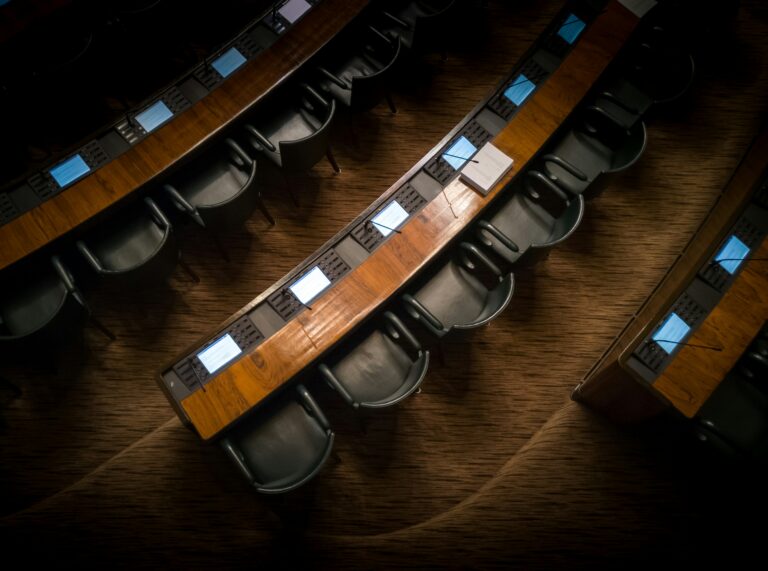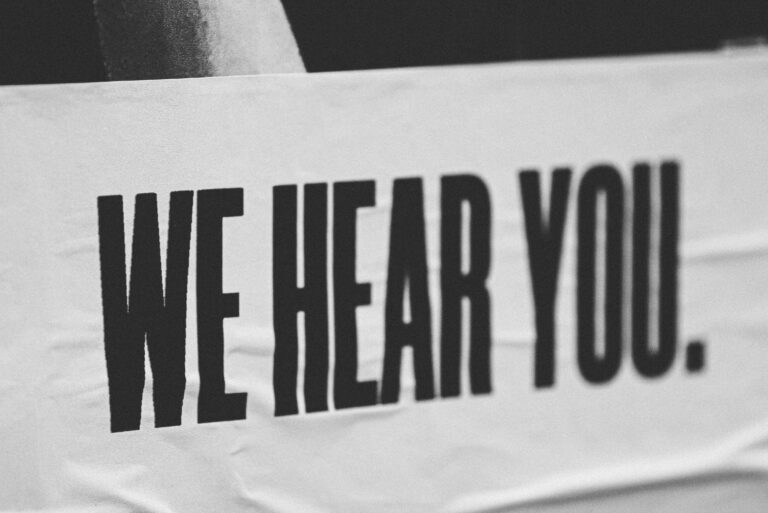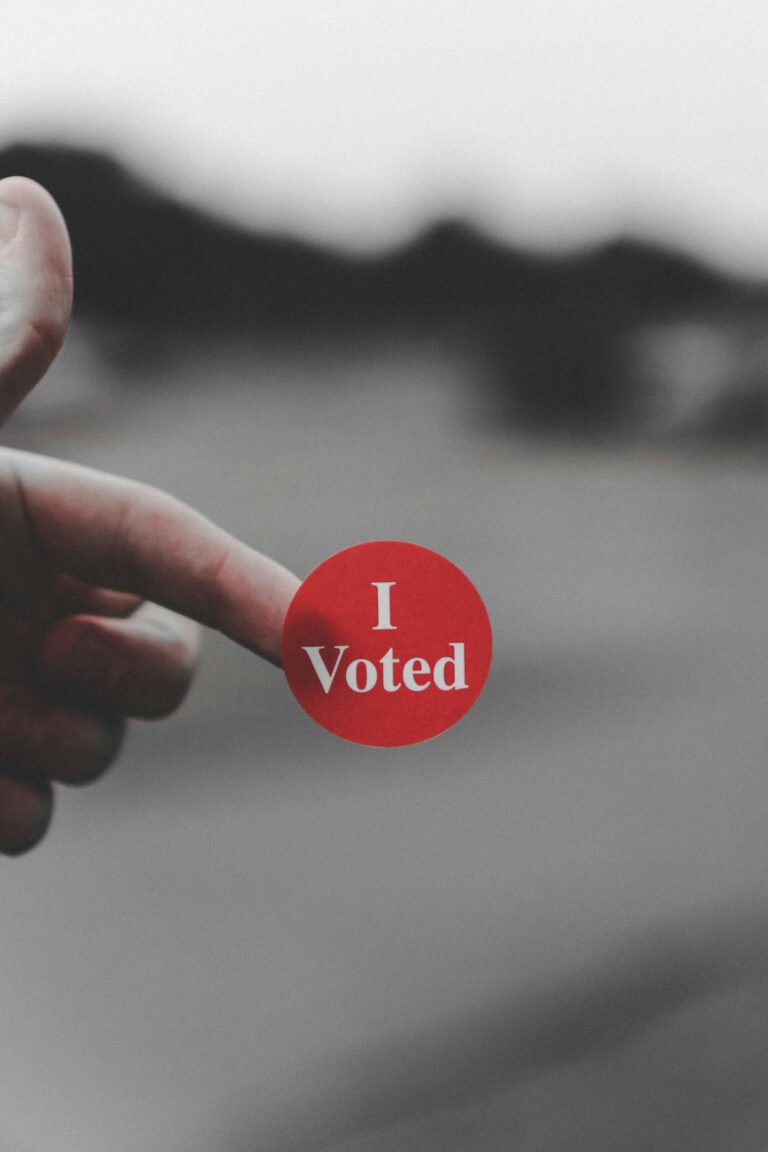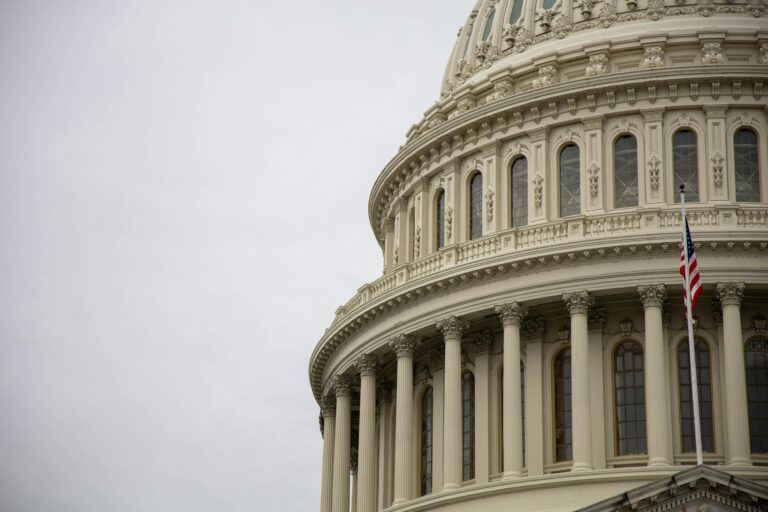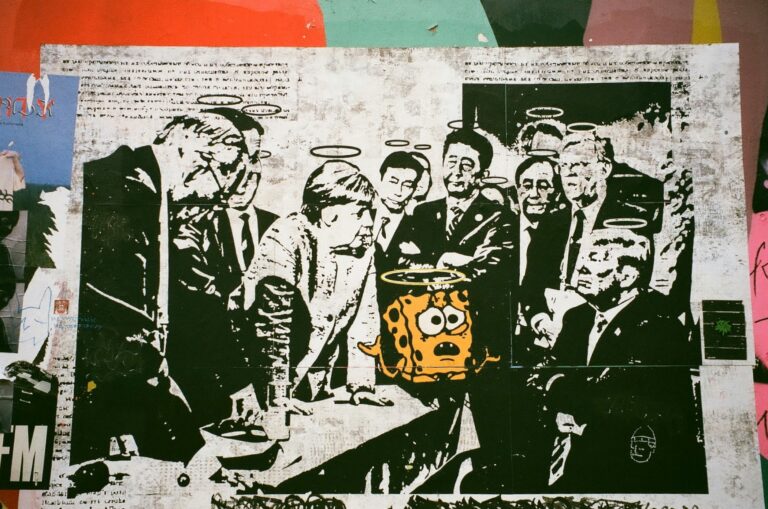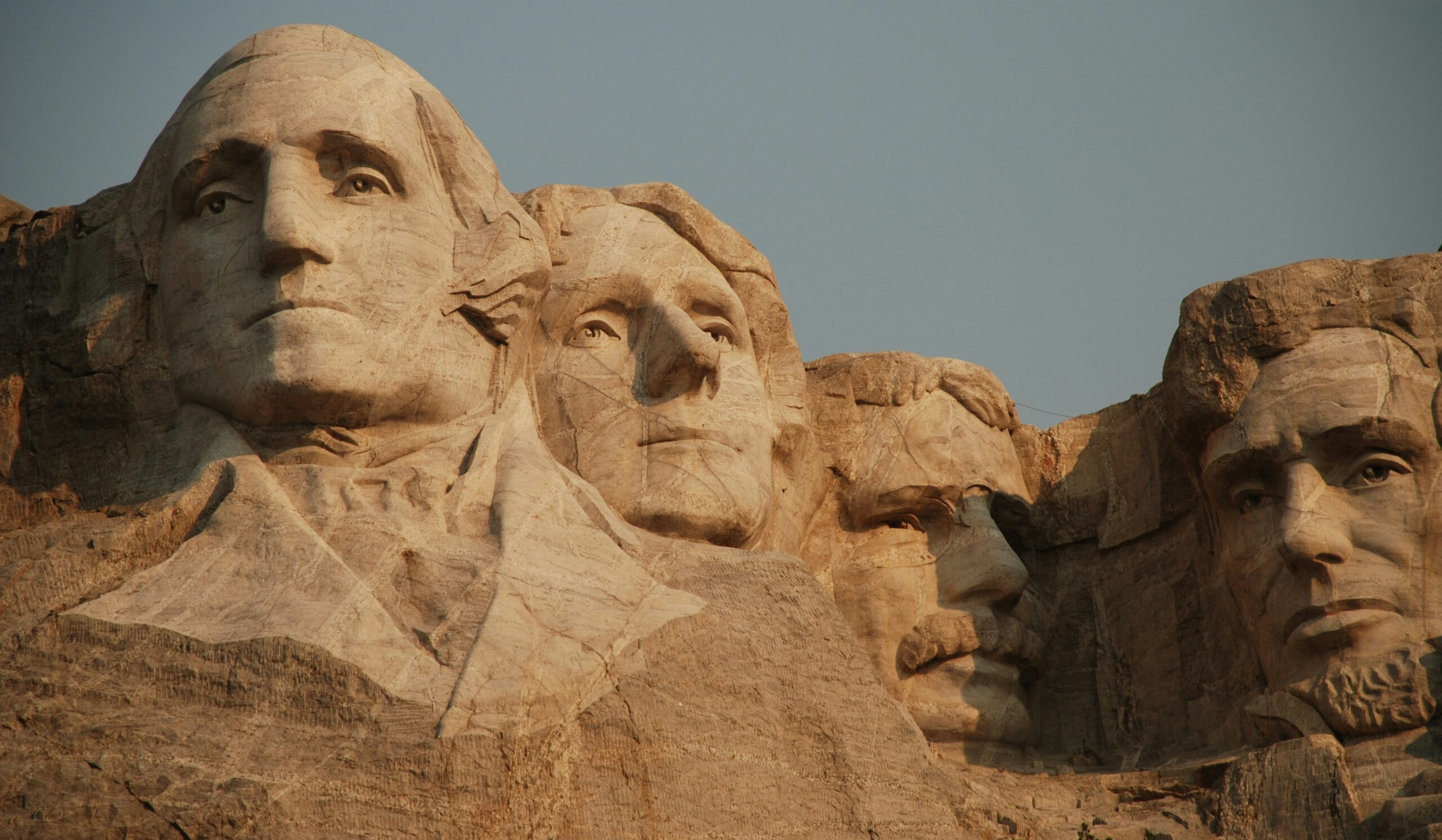
While Congress is meant to be a place of serious debate and decision-making, it sometimes makes headlines for less-than-glorious reasons. From embarrassing mix-ups to controversial incidents that left the nation scratching its head, these moments show that even the most powerful legislative body in the country isn’t immune to a little public spectacle. Here’s a look at eight times Congress made headlines for all the wrong reasons.
1. The Filibuster-Reading Marathon
Moment: Over the years, senators have used the filibuster—a tactic to delay or block voting on a bill—by reading from cookbooks, novels, and even Dr. Seuss’ Green Eggs and Ham (thanks to Senator Ted Cruz in 2013).
Why It Made Headlines: Intended as a tool for serious political protest, the filibuster has sometimes turned into a marathon reading session that borders on the absurd. Cruz’s reading of a children’s book to block the Affordable Care Act vote became a viral moment, sparking debates about the effectiveness and seriousness of the filibuster.
Takeaway: This iconic (and strange) use of the filibuster demonstrates how Congress can blur the line between political strategy and pure spectacle, leading to calls for reform of this long-standing procedure.
2. The “I’m Not a Witch” Ad – Christine O’Donnell’s 2010 Senate Run
Moment: Delaware Senate candidate Christine O’Donnell’s campaign faced ridicule after she released a bizarre ad declaring, “I’m not a witch,” following accusations that she had once dabbled in witchcraft as a teenager.
Why It Made Headlines: The unusual phrasing and direct approach made the ad instantly memorable—and the subject of widespread mockery. Instead of clarifying her platform, it added fuel to a media firestorm that overshadowed her candidacy.
Takeaway: Sometimes, an attempt to clear up controversy only makes things worse, especially in the age of social media. This moment became a lesson in how political messaging can backfire spectacularly.
3. The “You Lie!” Incident – Joe Wilson’s Outburst
Moment: During a 2009 speech by President Barack Obama to Congress on healthcare reform, South Carolina Congressman Joe Wilson shouted “You lie!” This unprecedented interruption during a presidential address shocked many.
Why It Made Headlines: The outburst broke with the traditional decorum expected during such addresses and sparked debates about civility in politics. The phrase quickly became a symbol of the heightened partisanship in Congress.
Takeaway: Congressional outbursts can create iconic moments that define public perception. In Wilson’s case, it highlighted a growing divide in American politics that continues to echo in today’s polarized environment.
4. The C-SPAN Animal Cameos
Moment: During the COVID-19 pandemic, many Congress members were working remotely, leading to several unintentional and humorous interruptions during live broadcasts. One notable moment occurred when a congressman’s dog made a cameo appearance during a virtual committee hearing, completely oblivious to the serious discussions at hand.
Why It Made Headlines: These animal “guest appearances” during official proceedings highlighted the strange, new reality of working from home. While lighthearted, it became symbolic of the unusual adjustments everyone faced during the pandemic.
Takeaway: Even Congress isn’t immune to the trials and tribulations of Zoom meetings. In challenging times, a little humor can provide a refreshing break, even if it’s unintentional.
5. The “Texting Scandal” During the Impeachment Hearings
Moment: During the 2020 impeachment hearings for President Donald Trump, multiple members of Congress were caught texting or scrolling through their phones while historic testimonies were taking place.
Why It Made Headlines: Given the gravity of impeachment proceedings, seeing elected officials glued to their phones instead of listening to testimony didn’t sit well with many. Photos of members seemingly distracted by their phones fueled frustration from the public, who questioned their level of engagement and focus.
Takeaway: In moments of national importance, a lack of focus can come off as disrespectful, especially when cameras are rolling. This incident became a cautionary tale on the importance of optics in political events.
6. The Absurd “Hamburger Ban” Claim During the Green New Deal Debate
Moment: During discussions about the Green New Deal in 2019, some members of Congress claimed that the proposal would effectively “ban hamburgers” due to its emphasis on environmental sustainability.
Why It Made Headlines: The claim quickly snowballed, becoming a meme and fueling misconceptions about the Green New Deal. Critics pointed out that the statement was a gross exaggeration, designed more to stir emotions than inform the public.
Takeaway: Exaggerated claims can quickly spiral into public misconceptions, especially on hot-button topics like climate policy. This moment shows how easily political debates can veer into the absurd—and end up as meme fodder.
7. The Congressional Baseball Game Shooting
Moment: In 2017, a shooting occurred at a practice for the annual Congressional Baseball Game, injuring multiple people, including House Majority Whip Steve Scalise.
Why It Made Headlines: While this was a tragic and somber moment rather than a humorous one, it underscored the increasing threats of violence toward politicians and led to discussions on safety and civility in politics. The incident highlighted the vulnerability of public servants and sparked debates about political divisions and extremism.
Takeaway: This incident was a powerful reminder that political rhetoric has real-world consequences and underscored the importance of fostering civility in political discourse to avoid fueling dangerous extremism.
8. The Congress “Snowball” Climate Change Denial
Moment: In 2015, Senator Jim Inhofe famously brought a snowball onto the Senate floor as “proof” that climate change wasn’t real, tossing it as a demonstration of how cold it was outside.
Why It Made Headlines: This visual “proof” became a lightning rod for critics of climate denial, who argued that one instance of cold weather doesn’t disprove climate science. Inhofe’s snowball became a symbol of the lack of scientific literacy in parts of Congress, sparking widespread ridicule online.
Takeaway: Simplistic gestures don’t always serve complex issues well. This incident illustrated the divide between public understanding and scientific consensus, highlighting the challenge of discussing climate change within Congress.
Final Thoughts: When Politics Becomes a Spectacle
These moments reveal that Congress isn’t just a center of policy and debate; it’s also a source of intrigue, controversy, and, occasionally, outright spectacle. Whether serious or humorous, these incidents remind us that the individuals shaping our nation’s laws are as prone to slip-ups, controversy, and unpredictable behavior as anyone else. And while some moments were sobering, others brought a bit of levity to an otherwise serious institution.
Ultimately, these incidents serve as both cautionary tales and comedic breaks, reminding us to take politics seriously—but perhaps not too seriously all the time. After all, even in the hallowed halls of Congress, history shows us that we’re never too far from the next headline-making moment.

